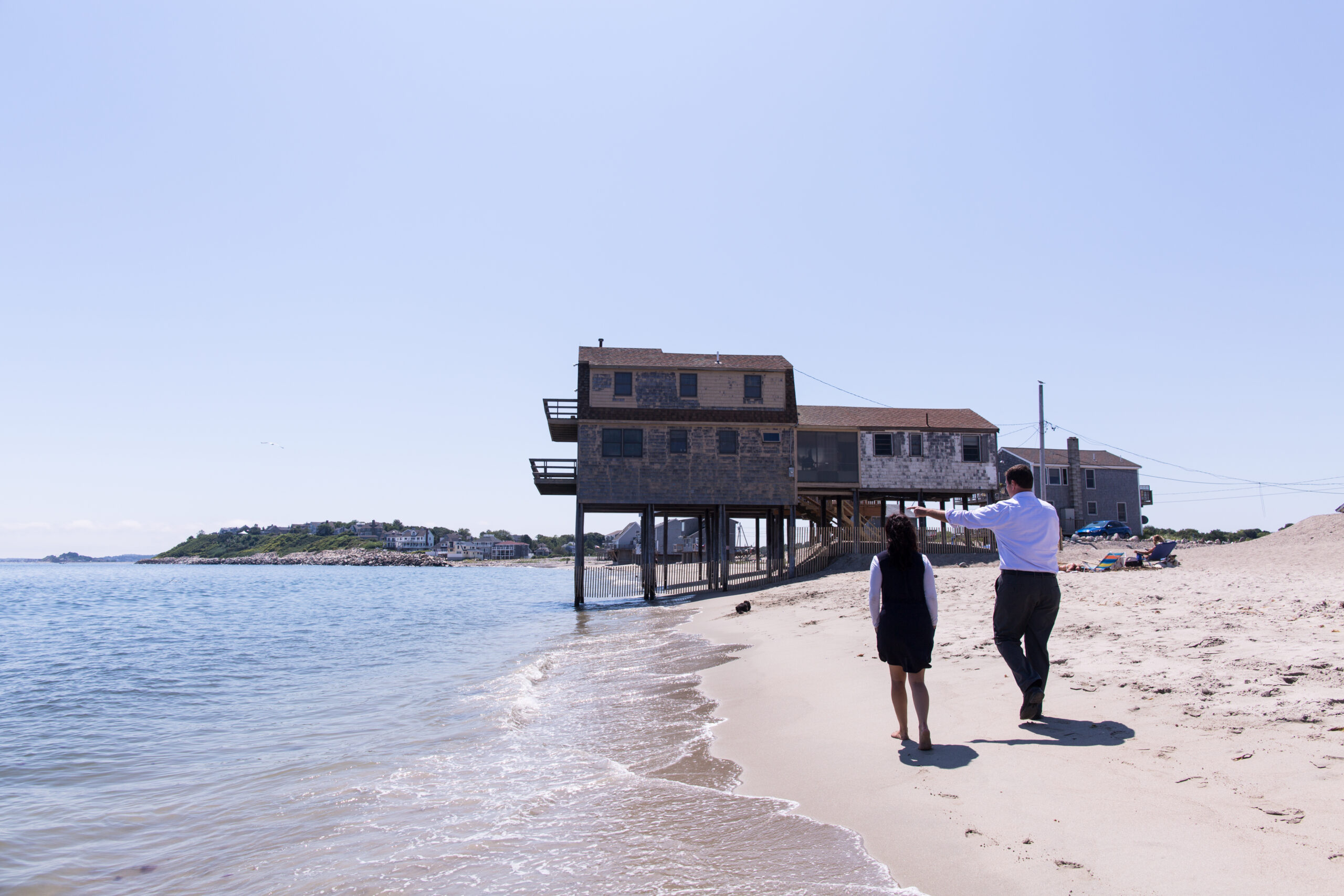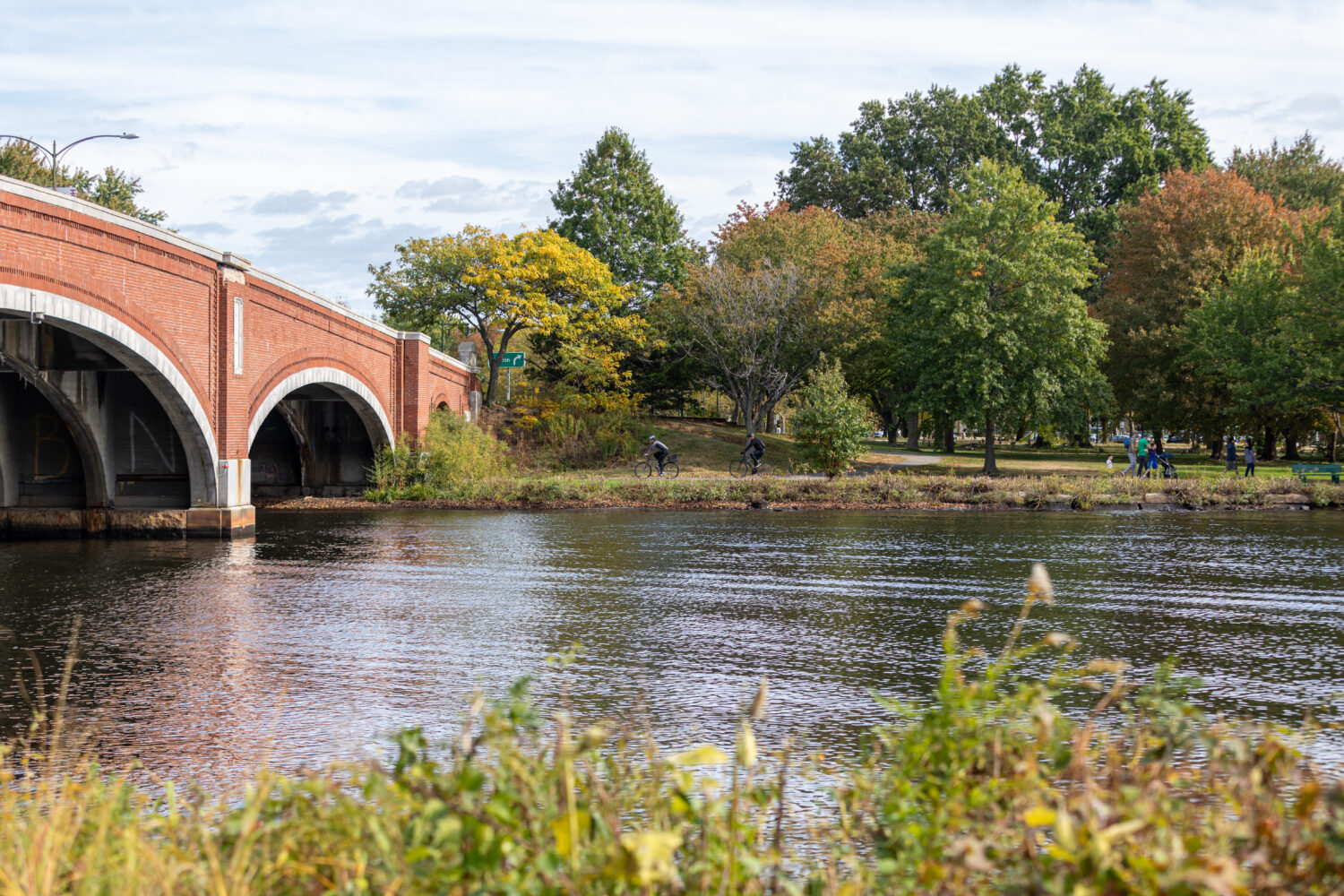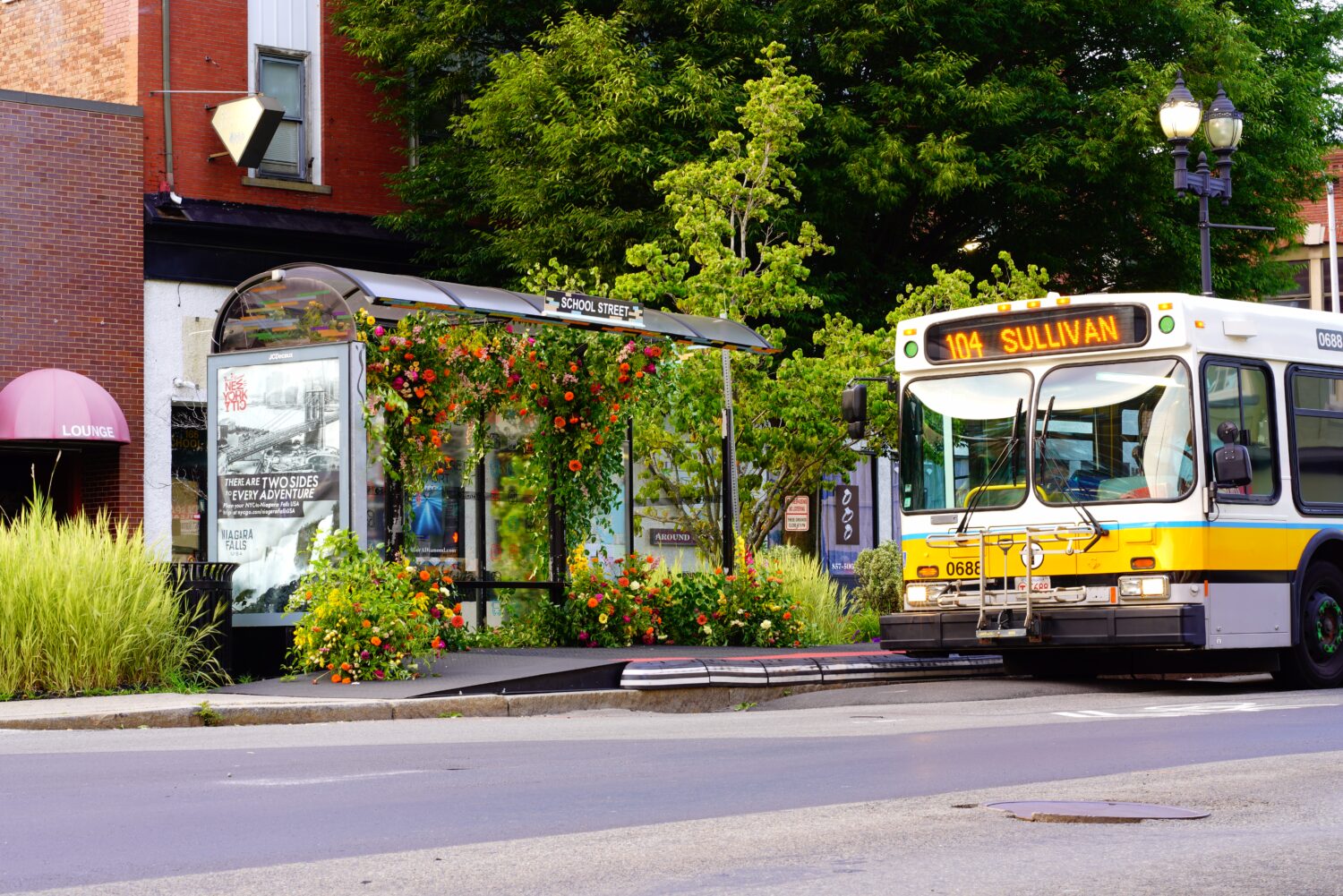For many Bostonians, summer is the season we look forward to the most. Beach days, lobster rolls, and neighbors gathered outside into the evening to enjoy each other’s company. This summer’s intense heatwaves may have changed some minds. We weren’t the only ones feeling the heat. July 2019 was the Earth’s hottest month—setting a record that has “rewritten climate history.”
Extreme heat, along with flooding, severe storms, and extreme cold are just some of the climate impacts that we can expect. As my colleague, Mariella Puerto, wrote last month: we are in a climate emergency. In light of this urgent situation, Barr expanded its Climate program to include Climate Resilience as a key focus area to support Greater Boston communities as they prepare for and adapt to the impacts of climate change. We recognize that while we must continue to strengthen and expand mitigation activities, we have to face the complex task of preparing for what’s to come.
To better understand current climate resilience work and potential opportunities in the region, we worked with Consensus Building Institute to conduct a landscape scan. We had several goals for this scan:
- Identify municipal and regional initiatives focused on climate resilience in the Greater Boston region; and
- Inform our grantmaking activities and provide learning opportunities for the field about ongoing and new efforts to protect Greater Boston from the worst climate change impacts.
Cities and towns across the state face distinct resilience-related challenges based on their populations, infrastructure, geography, governance, and budgets. The scan highlights nine key approaches that are either already underway or identified as critical to developing resilient communities. As I reviewed the scan, I was struck by three overarching themes that unified the approaches – as well as examples of some of the critical work Barr’s partners are engaged in.
Building Communities of Climate Champions
Capacity, resources, and leadership are some of the factors that dictate how well a municipality is able to adapt to and plan for present and future climate impacts. Currently, large gaps in planning and action remain between well-resourced municipalities with dedicated climate staff and those that simply do not have the resources or capacity. Many of the efforts to date have been driven by individual climate champions. However, to create the interventions necessary to protect communities, this work must become the responsibility of a broad set of municipal departments.
Metropolitan Area Planning Council (MAPC), Greater Boston’s regional planning agency, builds the capacity of local communities to both plan for and take action to protect residents and preserve economic and social livability in the face of a changing climate. MAPC works with municipalities to conduct vulnerability assessments that help them to understand the financial and policy implications of resilient solutions. After the assessment is conducted, a broad interdepartmental working group of staff convene to develop a plan to address the challenges that were raised during the assessment. MAPC’s approach allows local leaders to understand the unique challenges that they are facing and work across departments to prioritize action.
Ensuring Equity is at the Center of Climate Resilience
Climate change will affect everyone, but not everyone will be impacted equally. Data show that low-income communities and communities of color are already bearing, and will continue to bear a disproportionate burden. Climate resilience efforts have the potential to address long standing social inequities by engaging those who are most impacted as experts and stakeholders.
The scan found that while many municipalities see this as critical work, they lack the tools to start working on solutions. GreenRoots, an environmental justice group based in Chelsea, is creating examples of community resilience that center around equity and well-being through their microgrid project. GreenRoots is working in partnership with the Green Justice Coalition and Resilient Urban Neighborhoods. The approach for this microgrid is unique because it starts with community engagement and building local support for the project.
Collaborating Across Traditional Boundaries
Climate impacts do not recognize town, county, or state borders. Adequately preparing for climate impacts requires municipalities to address areas of shared vulnerability in addition to their own unique needs. Since this work is so new, decisionmakers will benefit from learning from their neighboring communities. In addition, the scale of the problem is beyond what one single city or town can do and new methods of collaboration are necessary for impact.
Resilient Mystic Collaborative is a new coalition led by Mystic River Watershed Association (MyRWA). MyRWA invited municipalities from across the Mystic River Watershed to come together and learn about the vulnerability of critical infrastructure like dams and electric and sewer infrastructure. The coalition will then develop solutions for more resilient infrastructure. These solutions will be responsive to the unique needs of communities, and offer opportunities for collaboration across towns and cities.
In upcoming blogs on climate resilience, MAPC, GreenRoots, and MyRWA will share in more detail how they are carrying out their work and what vision they have for a resilient Greater Boston region. The climate crisis calls us to make fundamental changes to our way of life in order to preserve what matters most—the livelihood and well-being of all.




